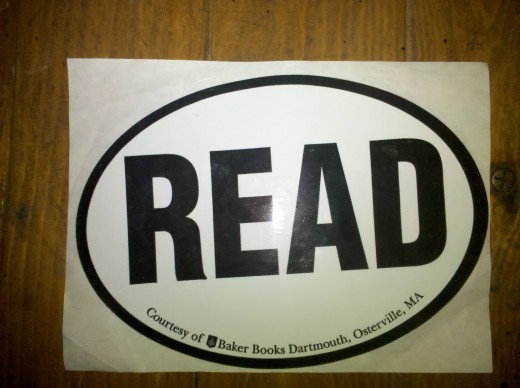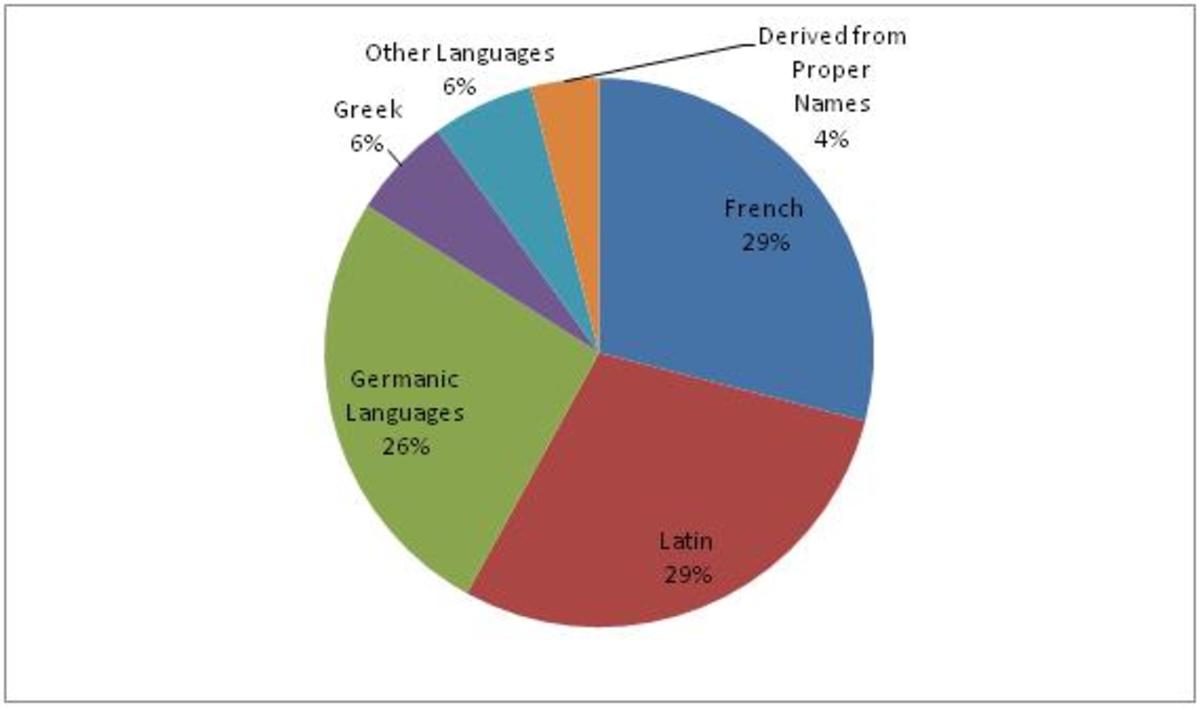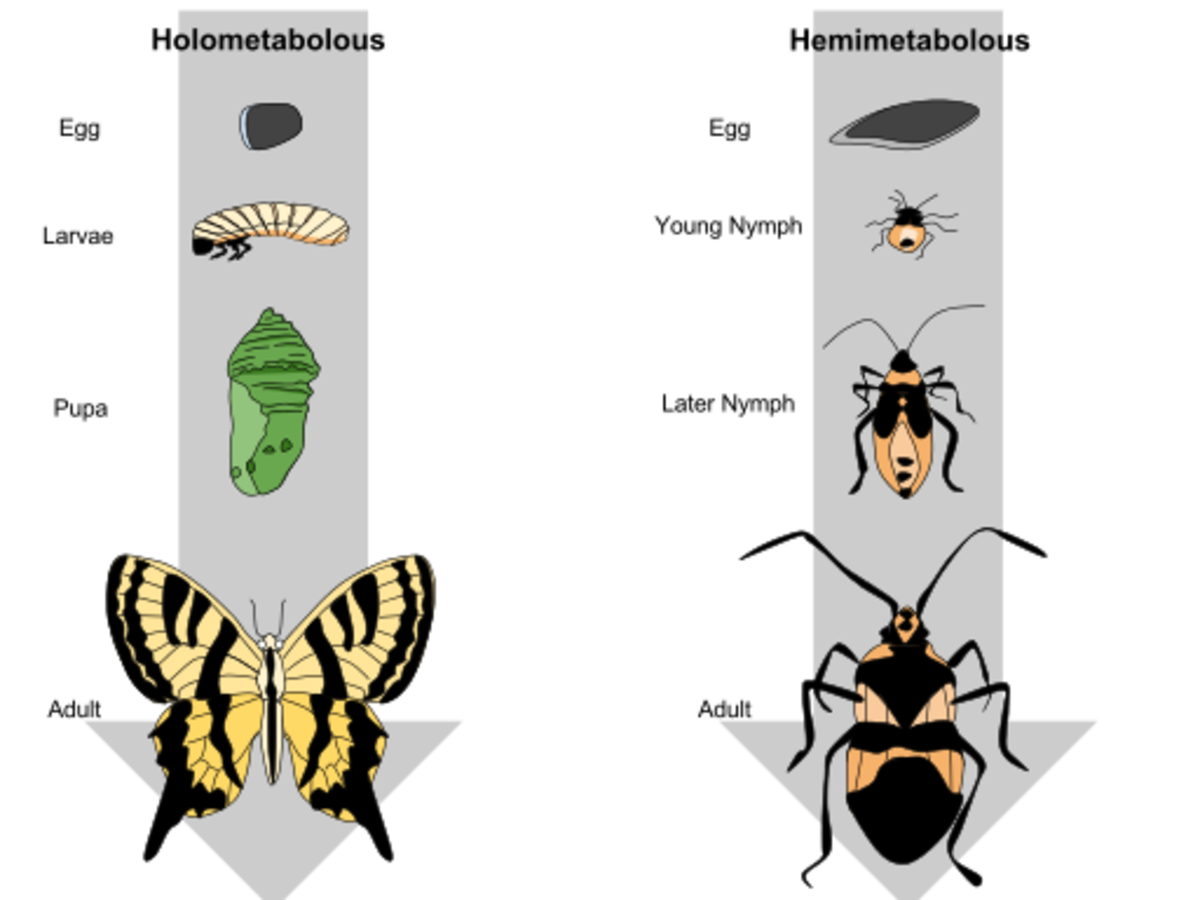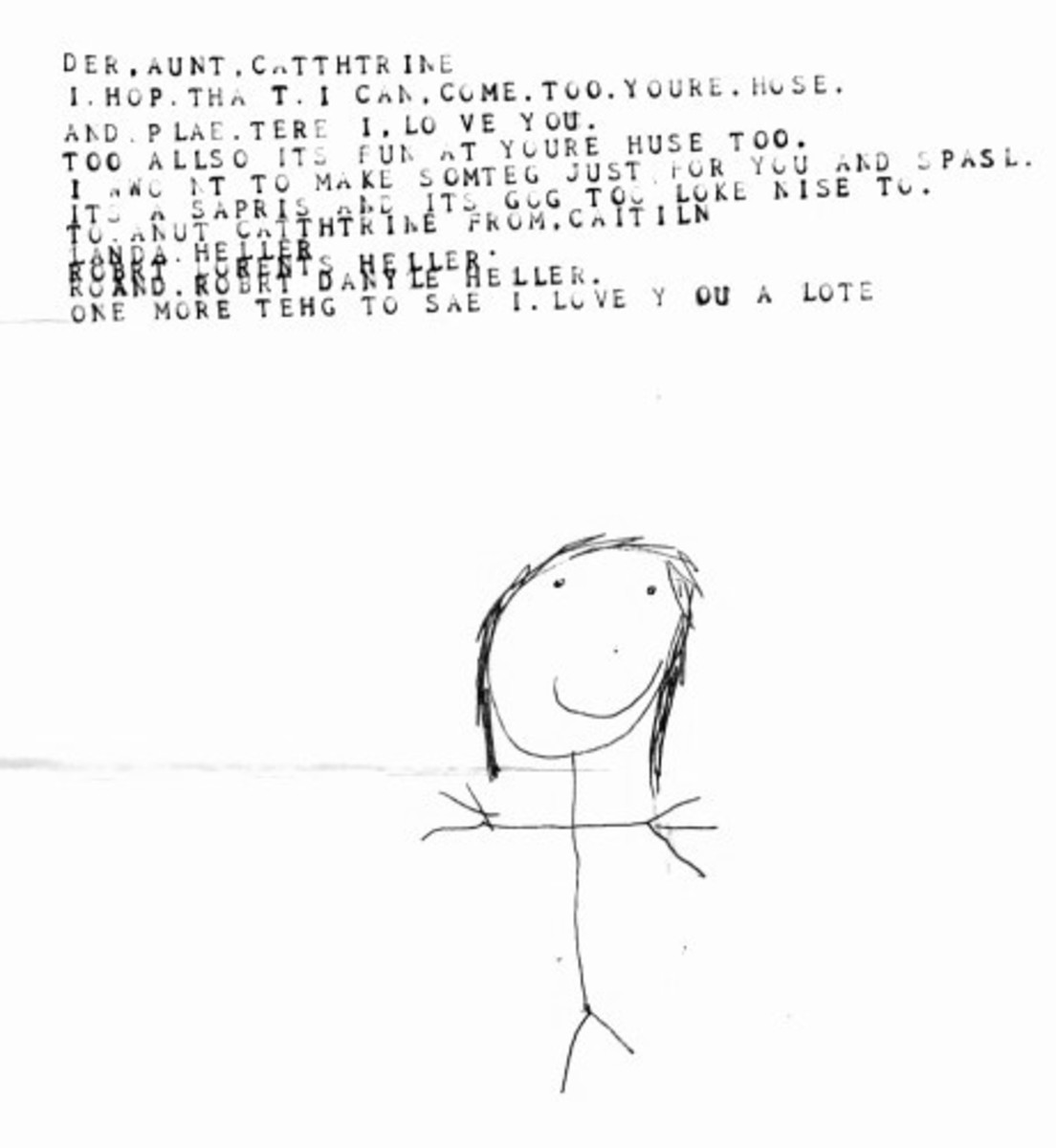Where Did Interesting Words Come From? Infantry, Shindig, Hair of the Dog, Money and Mortgages, Rain Check, Spam, Quiz


Well Said!
Have you ever wondered where some of the words we use everyday come from? Did you know that their word Court used to mean "Barnyard" in Latin (cohors) ? Join me in my upcoming Hubs as we will explore the humor, cultural, and roots of words and phrases that we hear every day. If there is anything that you would like to add, question or comment, please feel free! And don't forget to join my Fan Club!
"Quiz"
No, I'm not going to start this series with a Pop-Quiz! I am talking about the word Quiz! Did you know that the word supposedly derived from Ireland, 1791 from a Theater Manager named Richard Daly when he bet some friends that he could make up a word that the City will be flooded with within 2 days?
Well, Daly's staff helped him by writing the word "QUIZ" on the walls in all of the city. Sure enough, everyone was talking about "Quiz" within 48 hours. Unfortunately, since I like that story, I was a little upset to learn that the word already existed prior to 1791. In fact, the word actually meant, "an odd or eccentric person."
The most accepted theory on the origin of the word, "QUIZ", is that it derived as a slang from the Latin, "qui es?" known as, "Who are you?". Although we will never know the first time the word was used, I am sure that every time we hear the word Quiz, we get a little anxious. Hopefully, someday while you take a Quiz in class, you will remember this Hub and it may help to calm your nerves!
What Is Etymology and Etymologies: Word Origins
Etymology is the study of words and their histories and following the changes in diction of such words. More simply put, Etymology is the study of words and how their meanings, spellings, and pronunciations change throughout history and different cultures.
According to Wikipedia, Etymology is defined as: "Etymology is the study of the history of words and how their form and meaning have changed over time..."
Personally, I have always thought that words were cool. I must admit that I am a little geeky and I always thought it was cool to use words that my friends did not know. I remember that Vocabulary in school was fairly easy; my problem lies within spelling (thank God for spell check!!!)
Language and My Hubs
Words are the foundation of society. Without words, we would have trouble communicating-maybe we would just grunt and point! Words are the center of learning, creating societies, creation of government and law, to name a few. There are many different languages throughout the world and none of them would exist without words.
English is my native language but I know a little Spanish, French, understand a little Portuguese, and I am trying to learn Khmer, the official language of Cambodia. Check out my Hub about learning the Cambodian Khmer Language.
Where Did the Words Money and Mortgages Come From?
We use words all the time to communicate. Whether spoken, signed, typed, drawn, or written, the use of words is the primary communication for most humans. We get so used to frequently using words that we often don't think of where they came from. That is what I plan to explore in this article within a series; where do some of the common words that we use every day originate from and how have they changed in meaning over time?
In this article, I'm going to discuss a few words that are related in topic. The first of these words is Money. This word actually dates back to the ancient Romans. In Roman mythology, the goddess "Juno" was the wife ofJupiter, the main god in those times. The ancient Romans gave her the title"Juno Moneta". The word Moneta is Latin, and it means "to warn". As was common in those days, the Romans built the giant temple in her honor, and coincidentally, built a mint on the side of it. Over time, Juno became the goddess of finance. The coins that were created in the nearby mint were called moneta.
So how exactly did the word money become an everyday word in the English language? As we find in many other words used in our language, we simply stole it from the French! The French adapted moneta and made it their own; monneia. Interestingly enough, the word “Mint” also came from the Latin, “moneta”.
The next interesting word that we hear quite often that I would like to talk about is the word Mortgage. The most interesting aspect of this word is that is not pronounced at all like it is spelled. Once again, stealing from the French, we take two words: mort which meansdead, and gage which is an old word that refers to a pledge. If you put the two words together they literally mean"dead pledge". I told you this would be interesting!
Mortgages are a contract or a pledge using property as a security to repay a loan. If the loan is not paid, the lender has the legal right to take the property in place of the money owed. It is quite interesting, because if a person loses their property, then that property is literally dead to him. A play on words of sorts.
Well, that's it for this one! Be sure to scroll down and check out some of my similar hubs on interesting words and their origins. I promise that they will be brief, yet interesting and I hope that you can learn some interesting facts about the words we use everyday!
What Is A "Shindig"?
"A Noisy and Festive Party"
With the Holidays among us, I am sure that most people, unless they are scrooges, have either hosted or been invited to a holiday party. Although there are several different suggested origins, most people refer to a Shindigas a party.
Now Shindig is a word that I have heard throughout my entire life. What does it mean? Where does it come from? I always thought that this word had its roots from Ireland. For some reason it has an Irish-Party sound to it ('Top O' The Mornin' To Ya! Ye Going To The Shindig Tonight?)
However, through research, I have found that the word actually referred to a literal, "Kick in the shins" as first published in 1849 in the book: Sights In The Gold Region, and Scenes By The Way: " One of our party commenced a regular hoe-down(future entry), knocking his shins with heavy boots when opportunity offered.", by Theodore T. Johnson.
With 2009 soon ending and beginning 2010, (for some reason, when I see that number, I always think of "Futuristic" movies), I am sure many of us will be hosting or attending New Year's Shindigs . My only hope is that everyone is safe and practices good judgement, particularly when drinking. Don't do anything you wouldn't want your mother, boss, or child to do (or find out that you did!).
Please be responsible and DON'T DRINK AND DRIVE!!!
What Does the Phrase "Hair Of The Dog" Mean?
OK, so who here has ever had a hangover from drinking too much alcohol? I know that back in my heavy drinking days there were many times that I felt hung over and once in a while I would have another drink-The Hair of the Dog -to try to squelch my headache and shaking.
This phrase in complete format is actually "The Hair of the Dog That Bit You ". Its an interesting phrase because it is a circular statement; you use the "dog" that bit you, to bite it back. Usually this means that you drink the same drink that got you drunk to overcome a hangover.
This phrase has its origins in ancient past. There were ancient rituals that involved a ceremony using a dogs hair to cleanse the person who was bit by that dog, particularly if it had rabies. Perhaps this phrase was linked to drinking and hangovers because if you think about it, a hangover could essentially feel as bad as a dog bite, if enough alcohol is consumed.
"Hair of the Dog " became popular in its hangover context in the mid 16th century. It is now a common proverb that we hear frequently, especially after a long weekend of partying!
"Spam" What Is That?
Green Eggs and ...SPAM?
SPAM has become an every day word used in our vocabulary. When people say the word, "SPAM", I bet 99% of the time we naturally think of e-mail. I know that I delete between 12-50 e-mails per day that are flagged as "SPAM" (I use Gmail and I like their SPAM Filter!)
But as many of us know (those of us brought up in the 80's and before that) there is actually a food product calledSPAM . Now personally, I rather enjoy eating this salty processed meat. I find that it goes well when cubed and mixed with rice, meat, or any combination of. For whatever reason, however, SPAM has endured much criticism and has earned itself a tarnished reputation. (Think along the lines of What's Really in a Hot Dog?)
The word meaning of SPAM originally referred to "flooding a newsgroup with irrelevant or inappropriate messages." * This derived from the overuse of the word SPAM in a comedy troupe called Monty Python's Flying Circus (I'm a fan of "The Holy Grail".)
The Food Source of SPAM is "compressed pork shoulder with a bit of ham tossed in." SPAM is made by Hormel Foods Corp.. SPAM is as much a part of our society and appears to be staying for a long time. As I mentioned earlier, I really do like SPAM..to eat it, that is!
*McFedries, Paul. The Complete Idiots Guide To Weird Word Origins. New York: Penguin Group, 2008
What Is A "Rain Check"?
I'll Take A Rain Check...
We hear this phrase quite often. So where did it originate? Getting into the latter 1800's, a Rain Check was an actual coupon or ticket given to the shopper if a store ran out of what they were hoping to purchase.
Baseball teams adopted the concept when they realized that there was very little attendance when it rained. Instead of fans losing their money to a rained out game, they could take aRain Check for a future game.
So the next time that you hear someone say, "I'll take a Rain Check", don't bother looking up for a cloud. I think that this is an expression that will never fade from our language.
"Infantry"
Infantry is a word that we hear often, particularly in these times of war. So where does the word Infantry come from? Most people using common sense will note the word "infant" is the main part of this word. So how did " Infant", meaning baby, end up being an every day military word?
Well, the truth is, that during the Middle Ages, the word was generally used in regard to any young person-the equivalent of what we consider a "minor" in today's standards. In Italy for instance, a youngster or Infante as they were called then, would be responsible to perform basic military duties as a young citizen should in that day. As a group, these young men were called Infanteria and thus, as Americans have a history of doing, we made Infantry our accepted version of the word.











